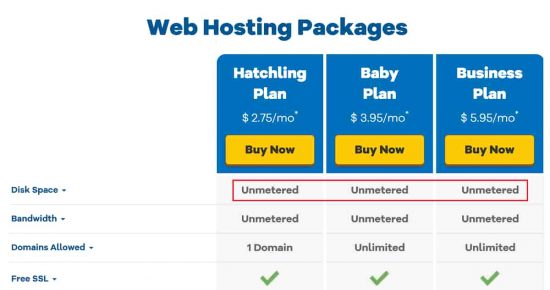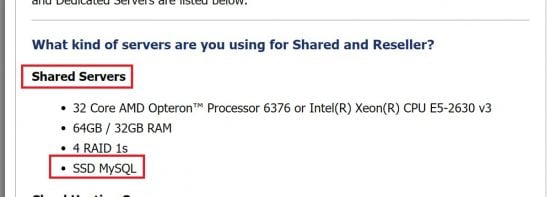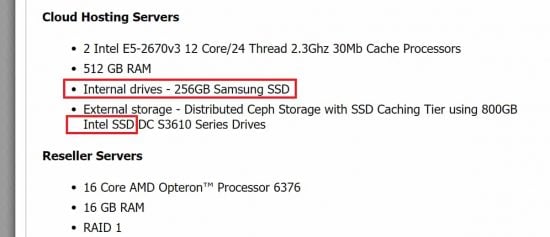If you’ve been shopping for web hosting, you’ll see a curious anomaly. Out of all the major web hosts, only Hostgator hasn’t switched to SSD drives for basic hosting. All the other big names- including Bluehost – switched to SSD. Why?
Strange as it may seem, Hostgator has good reasons for keeping their shared hosting plans on traditional HDD drives.
Hostgator Shared Hosting: $2.57/m
Hurry! Get 78% off on Hostgator.
Reason 1: No Hostgator SSD = Cheaper Hosting Plans
Hostgator has the cheapest standard web hosting plans of all the major providers. This Hostgator coupon code list shows its impressive breadth of coupons and discounts. Here’s a cost comparison of the big three:
| Web Host | Basic Price |
|---|---|
| Hostgator | $2.57/m |
| Bluehost | $2.95/m |
| GoDaddy | $5.99/m |
You can see that Hostgator easily beats out the other two for both 12-month and 36-month hosting. This is thanks to their HDD drives. Here are the two best coupons you can use:
Duration: 12-months
Duration: 36-months
Reason 2: “Unlimited” Storage Space
Because HDD storage is so cheap, Hostgator can provide “Unlimited” storage for all its shared hosting plans. Here’s a screenshot of their basic features chart:

By contrast, the other hosting providers all have limited storage space for basic hosting. Here’s a table showing the limits for SiteGround and Bluehost:
| Web Host | Storage Space |
|---|---|
| Hostgator | Unlimited |
| Bluehost | 10 GB |
| GoDaddy | 50 GB |
So this is the second reason Hostgator doesn’t use SSD disks for shared hosting. It allows customers to keep whatever they want on Hostgator’s servers without worrying about going over the limit. Here’s the complete list of web hosting providers with unlimited storage if you need more options.
Like all other web hosts, Hostgator keeps track of unusual disk space usage on its accounts. Most of the time, you shouldn’t get into trouble. But their terms of service make it pretty clear that they will kick you off the server if you’re using a massively disproportionate amount of resources.
Reason 3: They Already Use SSD for the MySQL Databases
The most significant benefit of SSD drives is for speeding up the database. Especially a CMS like WordPress that relies so heavily on MySQL to generate each page. The good news, however, is that Hostgator already uses SSD for the MySQL database, as shown here on their server features page:

So the difficult part is already taken care of. Hostgator uses HDD drives only for its other storage – meaning files. And that part is a lot less affected by choice of technology.
Hostgator Shared Hosting: $2.57/m
Hurry! Get 78% off on Hostgator.
Hostgator Cloud Uses SSD Drives
While the above shows that Hostgator uses HDDs for file storage on its regular shared hosting plans, their cloud architecture makes use of SSD drives, as shown here:

Here’s a complete review of Hostgator cloud hosting and its comparison to regular shared hosting.
Hostgator WordPress Plans Use Cloud Architecture
As a consequence of the above, their WordPress plans also use SSD hosting. So if you go down this path, you have SSD drives not just for the MySQL database but also all other storage. Plus, you get the following:
- Dynamic server caching
- Malware protection
- CDN
- Extra resources
It’s well worth it, in my opinion. Here’s the full Hostgator WordPress review for more.
How Much Do SSD Drives Help?
In theory, SSD drives are hugely beneficial to speed. In practice, however, given that most database query sets are cached, the benefits might be less than expected. Still, SSD drives do bring some benefits, and it’s good to know that Hostgator already has this covered with MySQL SSDs. For the rest, you’re not affected much if your files and folders are accessed over ordinary HDD drives.
For the reduced price and extra storage, it’s well worth it if that’s what you’re looking for.


Hostgator has BBB rating of F as of January 2024!